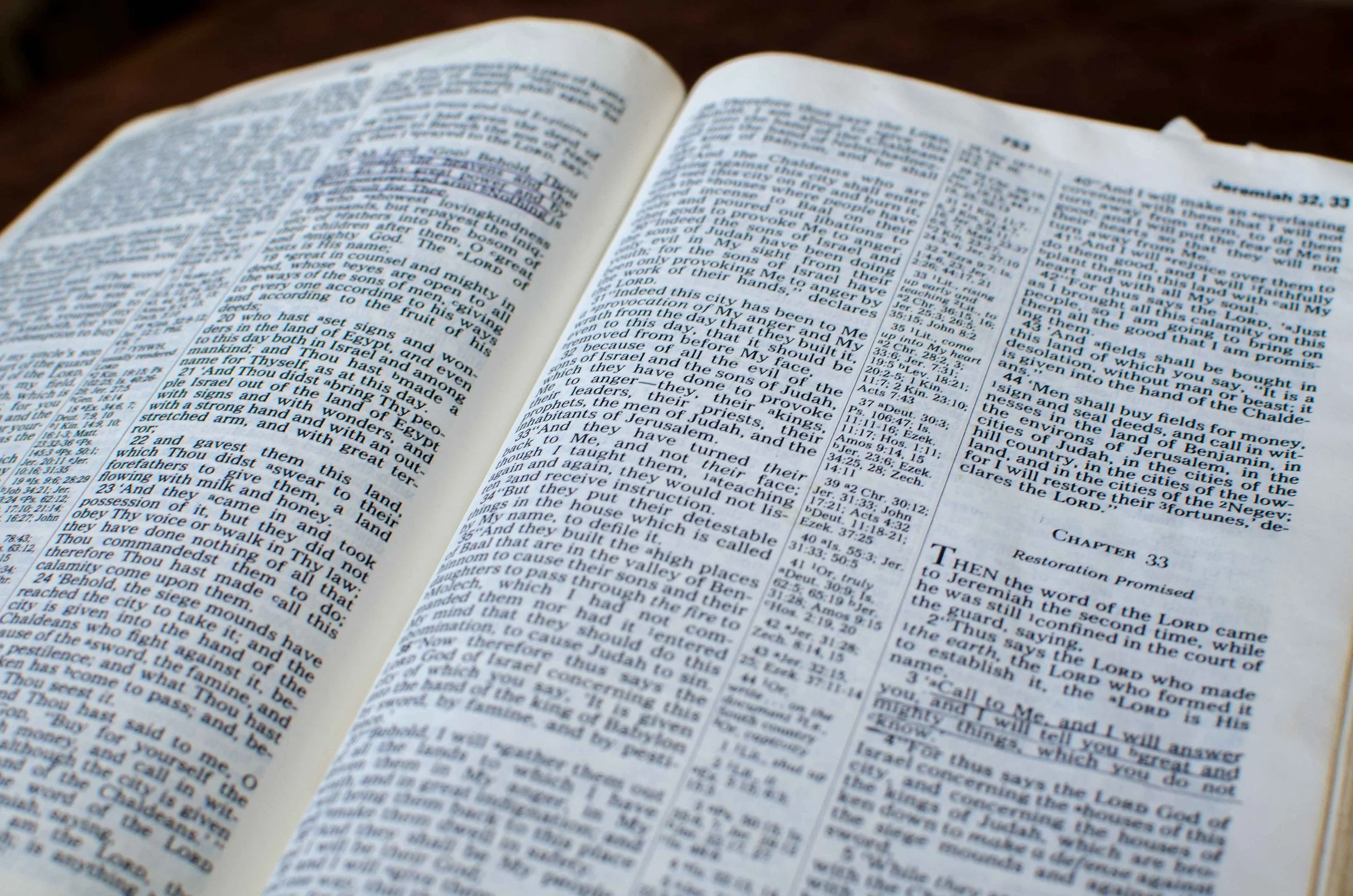Words of Life
“Sing them over again to me,
Wonderful words of life;
Let me more of their beauty see,
Wonderful words of life;
Words of life and beauty
Teach me faith and duty.
Beautiful words, wonderful words,
Wonderful words of life;
Beautiful words, wonderful words,
Wonderful words of life.”
There are words in the Scriptures that give us instruction, relate our condition, direct us on how to leave that condition behind and remind us to love and forgive just as He loves and forgives us. There are also many passages and verses that speak to encourage us. The God who created us from dust and foreknew the depths to which we would go, also knew that we would need constant reminding of our value, our worth and whose we are.
Image by Aline Dassel from Pixabay
A parent who gives life to a child seeks to encourage that child to do all that they can to be a good human being. They teach them how to behave, relate stories from their own lives as examples, direct them how to do better and remind them to always be kind and think about what they are going to do.
A good parent also recognizes that children need encouragement. It is not the strict, finger wagging instruction that will remain with a child, but the gentle, time involved words that uplift and remind them of how valuable they are. It is these words that make the child want to do and be better and give them the hope that they will be able to do so, because of the parent’s love and support.
In the same way our Heavenly Father, knew we would need those gentle words of encouragement and love, of which there are many in His word. This is what I want this monthly post to focus on: the love, the joy, the relationship, the promises, all given to us by our completely good and kind God.
The Psalms are a wonderful place to find encouragement. Not only do we see the struggles of David, but the end result when he turns his eyes from his difficulty to his God. Today I would like to look at two verses from Psalm 37.
“23 The steps of a man are established by the Lord,
And He delights in his way.
24 When he falls, he will not be hurled headlong,
Because the Lord is the One who holds his hand.”
There are several things we can take away from these two verses, which should cause us great joy.
1 - The promises - First we can see that our steps are established. Other translations say, “…makes firm the steps…” God doesn’t cast us out onto the slippery slopes of life without giving us the footing to be able to maneuver the path.
The second promise has to do with God’s character. I stick to the New American Standard Version as it is one of the most word for word translations. God delights, or finds pleasure in our ways when we are walking as righteous people. Some versions put the emphasis on our delight in God, but this makes more sense to me in that this is part of the promise God gives to us, not something we do for HIm.
The third promise may not seem like a very nice promise, but it is truth. We will fall.
The fourth promise follows that we will not fall with such great speed and or from such a great height that we die from the impact. No! Because the Lord is holding our hand.
Image by Daniela Dimitrova from Pixabay
Have your ever held the hand of a small child and felt them tug and pull when they want to get away from you, but you know that letting them go will involve a devastating tragedy, such as running into traffic, or at the least a bleeding boo boo? We don’t let them go because we love them and we do not want to see them suffer. God’s care for us is the same. Yes, there are times He will, like with our own children, let us go so we can be free to make our bad choices, but He’s always right there, ready to grab hold of our hand again.
2 - The Take Aways -
Meant to Move - The fact that our steps are established shows that we are meant to be moving. Our lives as Christians are not meant to be stagnating from standing still. They are meant to be dynamic and energized because we are moving in sync with His will in our lives. That doesn’t mean we won’t have still times, but even in the stillness our faith should always be moving forward in our understanding of Him and in our prayers.
Firm Footing - No matter where life takes us God places our feet on firm footing.
“My steps have held fast to Your paths. My feet have not slipped.”
“You enlarge my steps under me, And my feet have not slipped.”
“The law of his God is in his heart; His steps do not slip.”
Delight from God - When we are walking the path that God lays out for us, He delights in our way. I don’t know about you, but I find that so amazing. I a sinner, saved by grace, can make God feel delight. Wow!
“He also brought me forth into a broad place;
He rescued me, because He delighted in me.”
“Commit yourself to the Lord; let Him deliver him; Let Him rescue him, because He delights in him”
“Let them shout for joy and rejoice, who favor my vindication; And let them say continually, “The Lord be magnified, Who delights in the prosperity of His servant.”
“The steps of a man are established by the Lord, And He delights in his way.”
“The perverse in heart are an abomination to the Lord, But the blameless in their walk are His delight.”
We are held by the Most High - It doesn’t matter what our situation is, God is always there with us. Moses spent years in the dry wilderness because of his own choices, but God was still with him. In the same way we may be in a bad place due to our own selfishness and sin, but God is still with us. Not only is He with us, but he is holding our hand and won’t let us be hurled head long into destruction.
“Nevertheless I am continually with You; You have taken hold of my right hand.”
“7 Where can I go from Your Spirit?
Or where can I flee from Your presence?
8 If I ascend to heaven, You are there;
If I make my bed in Sheol, behold, You are there.
9 If I take the wings of the dawn,
If I dwell in the remotest part of the sea,
10 Even there Your hand will lead me,
And Your right hand will lay hold of me.”
I hope these words from the Scriptures have given you hope and encouragement, for indeed, they are the Words of Life.
Have a great weekend!

















